“The future depends on what we do in the present.” ~Mahatma Gandhi
If you find the right career you will have stability, security and hopefully a comfortable standard of living. The prospects are good that you can get paid for doing something you love to do, something you are good at! A life “calling” is all about what you do and what you become.
 Image source: Nils Rohwer on Flickr
Image source: Nils Rohwer on Flickr
Most people don’t have a thorough understanding of what they want to do with their lives. It may take a little effort to figure it out. Your career goals aren’t something that you accidentally discover. You need to co-create or manifest your direction. You have a choice. You may have lots of decisions to make.
The G+P+V Formula
Richard Leider, a high-powered career counselor, created the G+P+V formula to help people learn what they want to do with their life. It breaks down to Gifts+Passions+Values= “life calling”.
Your “Gifts” are your strengths. Your “Passions” are the things you love. And your “Values” are your basic lifestyle and personality.
If you are just starting to focus on the future, thinking about making a change, or just want to be happy in your career, here are 6 tips that can tell you how to find the right one, or if you already have it.
1. Find Your Gifts
You already know some of your gifts. You have certain aptitudes, strengths, and talents.
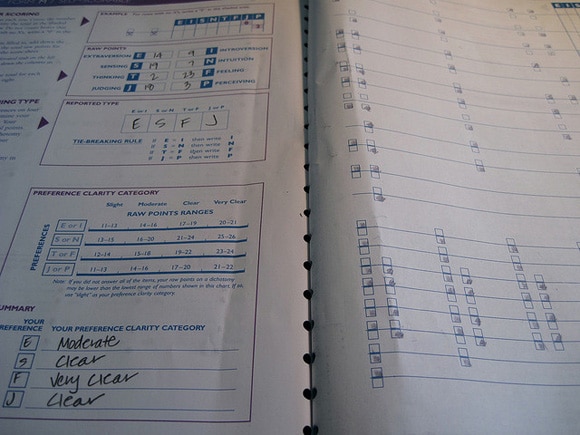 Image source: Shelly Munkberg on Flickr
Image source: Shelly Munkberg on Flickr
If you don’t know what your gifts are, try some career assessment tests. The Myers-Briggs personality index would be a good one. There are also lots of free tests available online. Check out About.com, Assessment.com, or LiveCareer.com.
Once you understand where your strengths are, you need to find out how and where they can best be used.
2. Find Your Passions
Maybe you don’t feel particularly passionate about any career. Or perhaps you love so many things that you can’t make up your mind.
 Image source: Stephane Gallay on Flickr
Image source: Stephane Gallay on Flickr
Start out by looking at what matters to you most. Be focused and honest. What do you care about? Are there issues that you are important to you? Are there communities that deeply resonate with you? Do you love computers? Does art or architecture excite you? Do you only use natural products? Do you love business, accounting or science? It’s easy to get started. Make a list. These are your passions.
3. Explore Your Options
Everyone knows the basic professions available. Many of them require an extended education. If you want to become a doctor, lawyer, or engineer, it will require an extended education. In most cases, if you want to be in business (at the management level), become a teacher, work in law enforcement, or learn computer science, you will need a college education.
If you are not interested in a more traditional career, you might want to take a look at the Bureau of Labor Statistics’ Occupational Handbook. Find out which jobs pay well and what education is required to be hired.
Consider your passions and gifts, and try to find some career options where you can use your strengths and abilities doing something you love. Talk to your school counselor or a career counselor. Go online and check out sites like careerkey.org and LinkedIn.
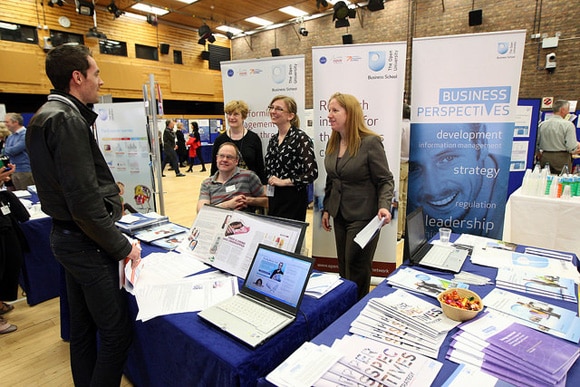 Image source: The Open University on Flickr
Image source: The Open University on Flickr
Ask your friends and family about their jobs. As you explore your options, you will be getting lots of information.
Research the US Department of Labor’s website, where you will learn what various careers pay. You might want to take a serious look at the available number of jobs in certain professions. Before you start an expensive education, make sure that you will have future prospects.
Researching opportunities can eliminate any profession that conflicts with your gifts, passions, and values. This is a perfect way to focus in on a career that could highlight your skill set. It should be something that you would love to do.
Take the list of your gifts and the list of your passions and look closely at the intersection. For example, if you have always been good with math and you love numbers and spreadsheets, consider a career as a CPA. If you have moral objections to large corporations, consider working for smaller independent businesses. If you already know that you have trouble working for someone else, consider a small accounting firm of your own.
4. Make a Career Plan
Now that you have done your research, you will need a plan. Whether you are just starting on your career path, transitioning to another profession, or looking for a job, a detailed plan will help.
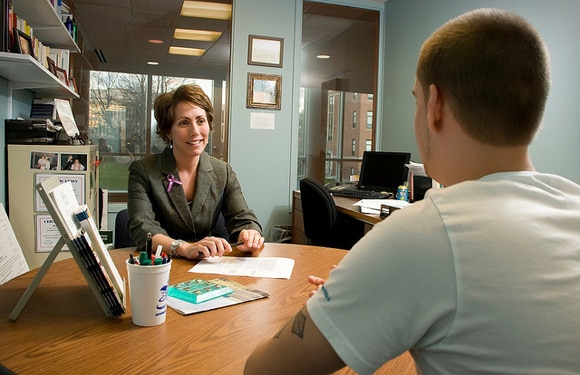 Image source: Merrimack College on Flickr
Image source: Merrimack College on Flickr
Just like an architect needs a blueprint to build a house, you need a milestone-based plan to kickstart any profession.
Your plan will make future decision making easier. What type of education or training you need and where to go to school are the cornerstones of your plan.
Goals and planning need to include the resources you will need to succeed. For instance; how will you fund your education? Are there places where you could do an internship or on the job training? If so, make it part of your plan.
Your research has given you job descriptions, industries, and potential companies. If your education takes awhile, there will be changes to your plan. Keep an eye on innovations in your field. Keep current on new companies and industries.
5. Stay Flexible: One Thing Leads to Another
You will need to adjust your plan as you live it. There will be obstacles in your path. Remember that your plan should be flexible. The marketplace may surprise you. Your experiences in school or on the job may not be what you expected.
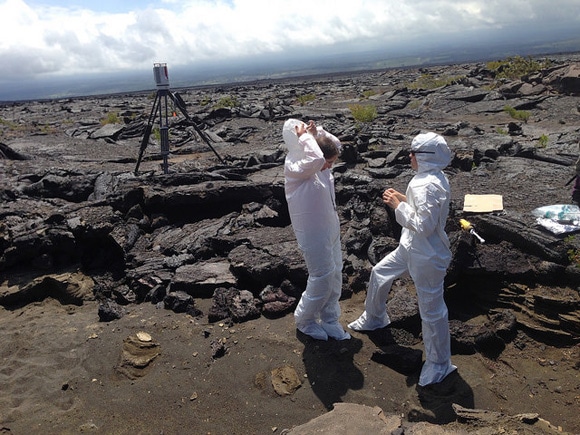 Image source: NASA Goddard Space Flight Center on Flickr
Image source: NASA Goddard Space Flight Center on Flickr
Many careers today span a variety of jobs. This is not a short race. It will be a marathon.
As you get older, your professional wants may need adjustment. Perhaps your career requires constant travel, and you want to spend more time at home with your family.
6. Maintain Your Values
Think of the G+P+V formula as a toolkit you can use. According to Leider, who developed it, you should try to use your gifts to do something you love, in an environment that reinforces your core values.
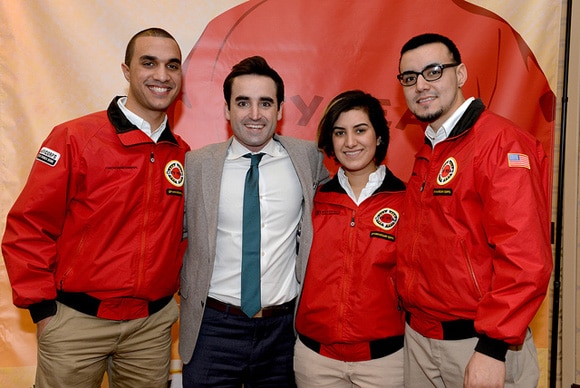 Image source: City Year on Flickr
Image source: City Year on Flickr
From time-to-time we all lose our way. If you are still struggling and uncertain an intuitive career reading at Psychic Elements can give you helpful insight and direction!
Your true calling should manifest in your life in a way that makes you happy and secure. After all any career should celebrate your uniqueness and allow you to grow and prosper.
Sources:
- The Meaning of Life: Discover Your Purpose. June 21st, 2005 by Steve Pavlina
- Top 10 Ways to Find Your Career Path. Lifehacker. August 30th, 2014 by Melanie Pinola


0 Responses
These are some great tips, and I appreciate your advice to stay flexible. My dad started out in college wanting to study to become a math teacher for high school. He found out that he enjoyed the math used in engineering better, so he ended up taking a different path in his education, and he's very happy with where it has led him. Keeping an open mind about changes instead of focusing on one thing as your only option, you could end up with something you really love. Thanks for the great post!